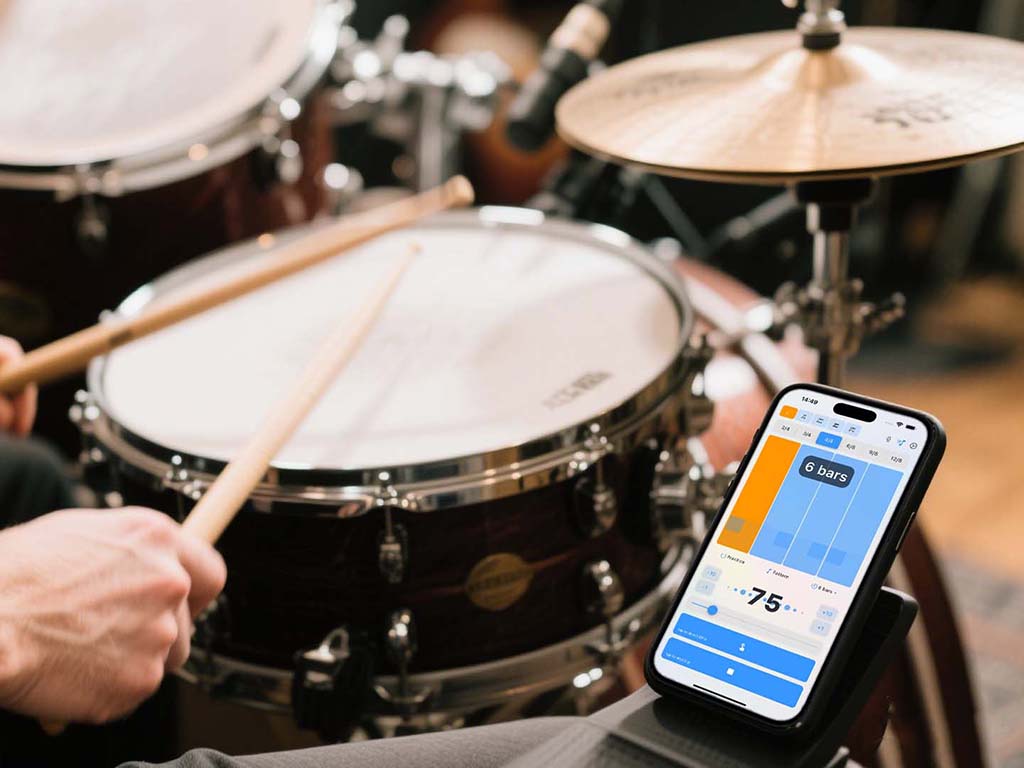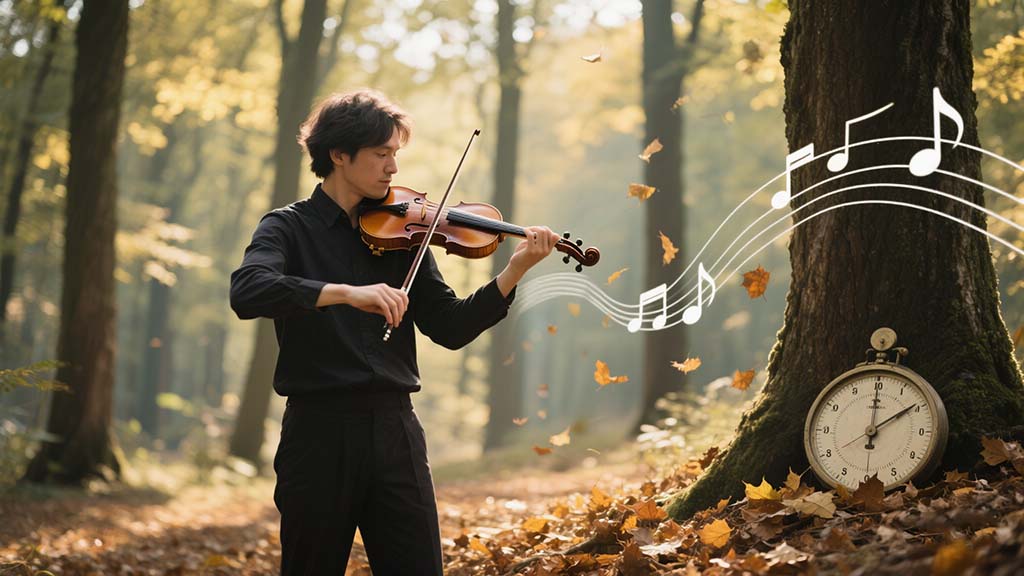Have you ever heard someone say, "I just have poor rhythm naturally" or "Some people are born with better timing"? It's a common belief, but is it really true?
If you're like most people - a normal, average individual - let's explore three key factors that actually determine your rhythmic ability:
How Familiar Are You with Your Instrument?
Even with rhythm-focused instruments like African drums, your first attempts might sound unsteady. This isn't because you lack natural rhythm - it's because your hands are experiencing this specific striking motion for the first time. Every new physical movement requires an adjustment period.
Consider guitarists, for example. Watch legends like Jimmy Page - their right hand stays close to the guitar while strumming, only making larger movements for specific rhythmic emphasis. This efficiency comes from experience. When we're learning, we often make excessive movements that affect our timing. Are your movements larger than necessary when strumming or soloing?
This is purely a physical challenge that applies to all instruments. Record yourself practicing and observe: are your movements unnecessarily large or dramatic?
Are You Too Tense?
While some tension is necessary for playing, excessive tension can distort your movements. It's like a runner false-starting because they're too wound up before the race. When playing, your muscles need to be engaged, but prolonged tension leads to fatigue, causing you to rush your movements and creating a hurried feel in your playing.
During practice and performance, prioritize relaxation unless you're specifically playing fast passages that require more tension. Remember, most of our playing should feel comfortable and relaxed.
Are You Watching or Listening to the Metronome?
Many musicians watch the metronome's visual cues and react to each movement, similar to a gamer responding to enemies in a first-person shooter. However, playing music is fundamentally different from gaming. While gaming relies on split-second reactions, music requires continuous, rhythmic movements. The key is establishing patterns, not reaction speed.
But simply listening to the metronome isn't the complete answer either. If you're only reacting to each click, whether with the metronome, drum machine, or band, you'll always be slightly behind. This reactive approach faces the same limitations as watching the visual cues.
Consider this: in gaming, mouse movements of just a few millimeters can trigger immediate responses. Musical instruments are different - a two-millimeter movement might not be enough to produce proper sound, especially with instruments like drums. The crucial element here is anticipation!
When practicing with a metronome, focus on the sound of your playing in relation to the click. Are they synchronized? If not, work on anticipating the beat rather than reacting to it. Remember to stay relaxed during this process - tension will only make you rush.
By understanding and addressing these factors, you can develop better rhythm regardless of your "natural" abilities. It's not about innate talent - it's about proper practice and approach.






